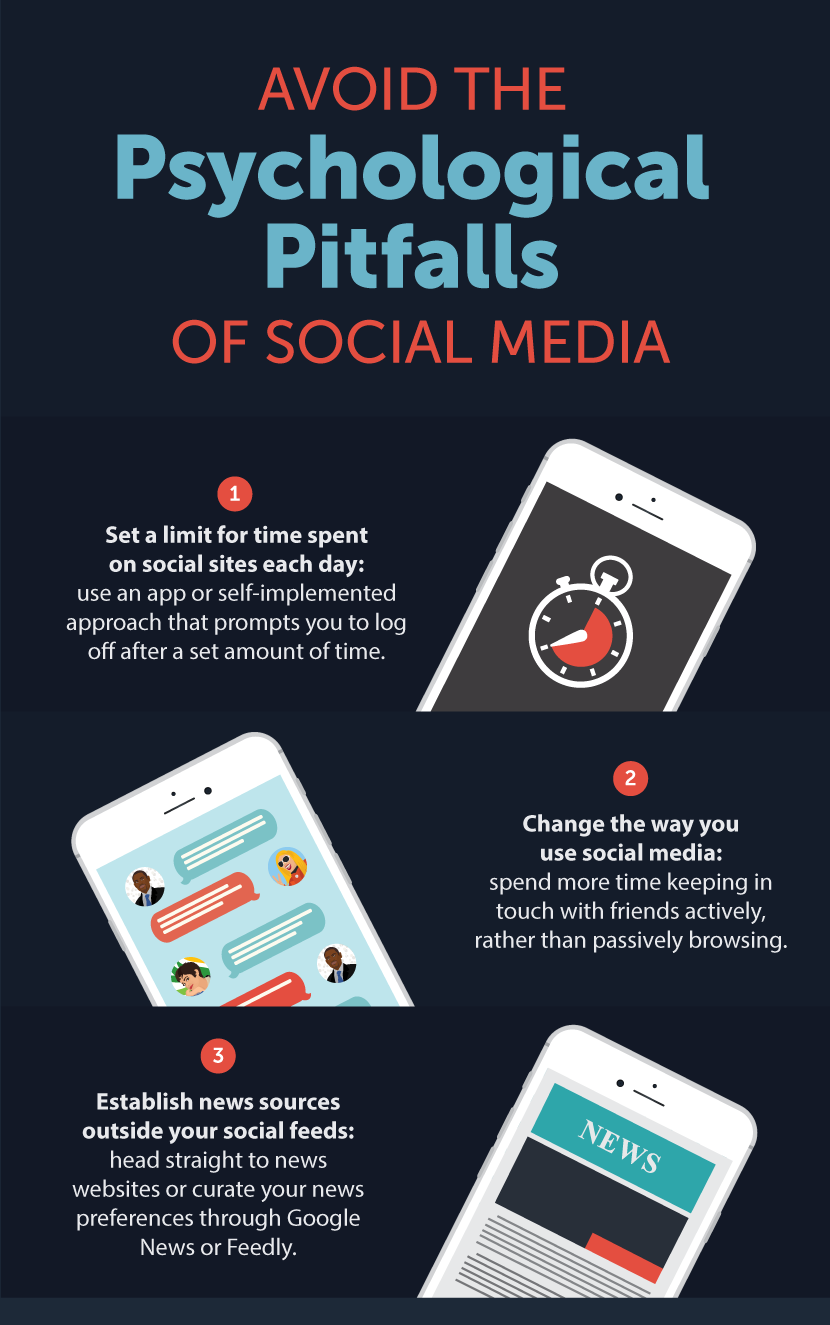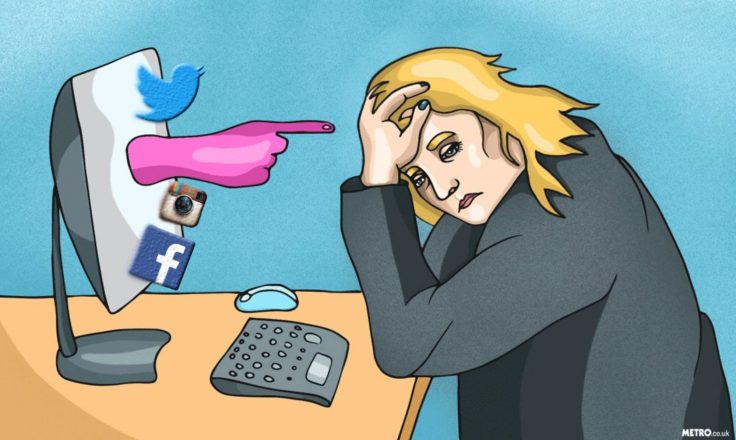“Bought Antshares at $6.12! LOOOOL.”
“Told you guys it was gonna crash, sold right before.”
“Invested 4k in Vertcoin right before it mooned! 5x up!”
When I started off trading cryptocurrencies, I remember all too well I felt like I was doing all the wrong things. I woke up and Ethereum had gained 39% overnight. I wanted to increase my Ether holdings, but I wasn’t sure its decline had stopped. Meanwhile, it seemed like all my peers in Reddit and Facebook groups had already seen it coming and bought Ethereum exactly at the bottom.
Bitcoin, which I did have, was steady on the rise, and I was dreaming of the moon. BAM. It dropped 16%, so I didn’t sell. Again, a lot of my peers sold right at the peak and cashed out just in time. How could they all predict the price swings so accurately while I seemed to miss all the apparently obvious signs?
The more posts I read about perfect trades, the farther I fell down the social media rabbit hole, determined to make the perfect trade of my own. However, the posts were always in hindsight, and I was too late. Social media was making me a depressed investor.
Social Media’s Negative Effects on Your Mental Health
My experience is in no way unique—there have been multiple studies on the link between social media usage and depression. A majority of these studies have confirmed that excessive social networking can cause problems for users’ mental health. This occurs most significantly when social media users spend time comparing themselves to others on the platforms.
It’s easy to forget that posts on social media are only snapshots of someone’s life, and that the user decides what to post. Generally, people want to make themselves look as good as possible, filtering out negative aspects and highlighting their best experiences.
This picking and choosing of what to display on one’s social media creates a false representation of reality. It can encourage the belief that people live happier, better, and more successful lives than they actually do, which in turn can elicit envy in their followers. Taken to its extreme, this is the main cause for social media depression, as social media followers often have difficulties putting other people’s posts in perspective. A stunning amount of people assume their peers’ posts are a fair representation of their lives, and their own lives seem to fall short in comparison.
What a lot of people fail to realize is that, for the most part, they’re comparing their own lives to the lives of many other people. Especially when you’re taking part in a public group, it’s near to impossible to have more highlights in your life than 30 people combined, let alone 16,000.

Investor Depression?
So what’s to learn from these findings in relation to cryptocurrency trading?
People in crypto-related social media groups have a tendency to share only their investment successes. When you open a group page, you’ll most likely read about amazingly profitable trades, and none of the losses.
Applying the same findings of the studies linking social media usage with depression, it is unsurprising that a lot of investors, especially newcomers to crypto, start to have serious doubts. Crypto investors will subconsciously compare themselves to their seemingly successful peers and start to feel more and more insecure about their trade strategies. They may even begin to doubt the wisdom of investing in cryptocurrencies in the first place.
Because people tend only to share positive experiences, you can feel like you are seriously underperforming while others are becoming rich. Uncertainty will grow, which can have a dangerous effect on investor behavior, as it will likely lead to bad decisions. You’ll be more inclined to buy high because your fellow social media users are sharing their profit stories with a particular crypto. People are enthusiastic about cryptocurrencies with which they’ve already made a lot of money, but the past is never an indicator of future success. Conversely, posts by people who sold their crypto just before a substantial drop can make you lose your faith in the project and sell low.
Takeaways
It is important to understand the one-sided, perfect reality social media tends to portray because of the the way it is used. No one will ever share their 3% gains or 15% losses.
Moreover, it’s important to realize that you are looking at the investments of a big group of individuals. If you’re in a group of 2,000 people and 5% of them have had a profitable day, you’ll measure yourself up against 100 success stories, which will make you feel like a bad investor. Rationalize and realize that 95% of the group likely had the same gains or losses as you had, and the ones posting successful trades probably mistimed the market way more often. Also understand that even the most seasoned investors can’t consistently time the market perfectly.
Don’t get me wrong, social media is an amazing tool for real-time news and peer-to-peer exchanges of opinions. Social media platforms can provide you with a lot of valuable information and help you out with both simple and complex questions. Just realize that, in general, people really like to show off.
As for me, it took me some time to realize that I was comparing myself to a large group of people, and that there would always be few members of my social media groups making the perfect trade. But ever since this realization came, I’ve been able rationalize posts and use social media as a valuable tool for gathering new insights and information.

